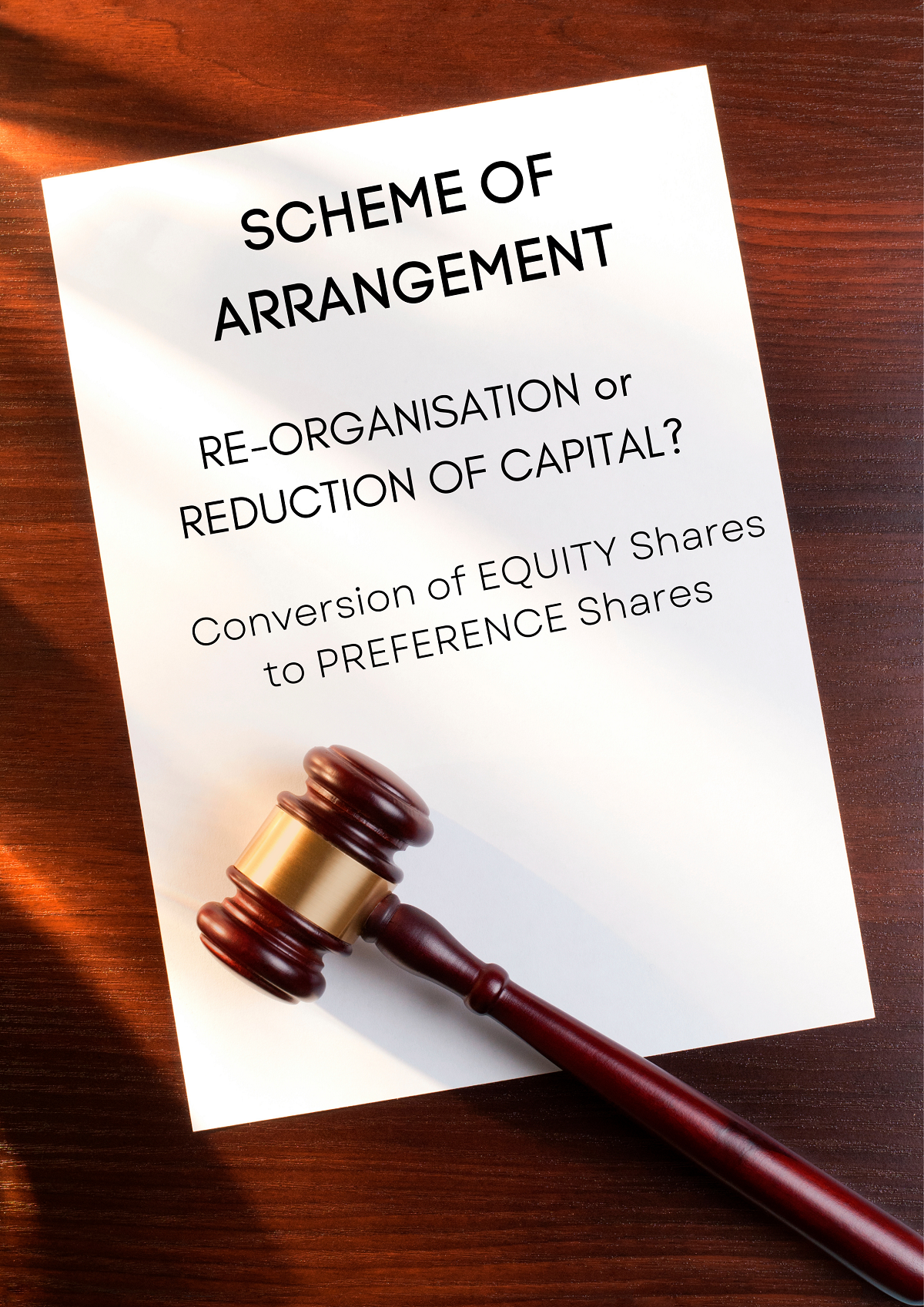A.P. Moeller-Maersk A/S’s container line, which this month ditched a strategy of building new vessels and will instead try to grow through acquisitions, is targeting South Korea’s two biggest shipping firms, according to Jefferies International Ltd.
“Maersk, as the market leader, will definitely participate in the consolidation — they will have to,” Kerstens said. But “the takeover options for Maersk are fairly limited, as most container lines are already tied up in alliances or are family or government-controlled. The most likely scenario is that Maersk would take over the assets of Hyundai and Hanjin.”

Michael Pram Rasmussen, the chairman of Maersk, revealed last week that the company’s container line — long a pioneer in ship building — will now pursue takeovers to avoid flooding the market with new vessels. He declined to comment on Hanjin Shipping and Hyundai Merchant. A spokeswoman at Hanjin and a spokesman at Hyundai Merchant declined to comment.
For more on Maersk Line’s new acquisition plans, click here.
After years of surplus capacity and declining freight rates, the container shipping industry is in dire need of further consolidation if it is to weather a slowdown in global trade growth. Liners have already responded with mergers and formed vessel-sharing alliances to cut costs, but more needs to happen.
“There’s been a lot of consolidation this year and many of the container lines just behind Maersk have grown,” Kerstens said. “So Maersk is faced with substantially stronger competition.”

Maersk Line, which hasn’t made a large acquisition in more than a decade, is in an alliance with the world’s No. 2, Mediterranean Shipping Co., while Hyundai Merchant is in talks to join the venture.
Hyundai Merchant has about 2 percent of the global market while Hanjin Shipping had roughly 3 percent, about half of which was chartered vessels, according to Alphaliner.
The biggest vessel on Hanjin’s fleet can carry as many as 13,000 20-foot containers, according to the company. Maersk’s largest ship can haul 18,000 boxes and the company has ordered ships that can take more than 19,000.
Kerstens and fellow analyst Rahul Kapoor at Drewry Financial Research Services Ltd. said Maersk would be more interested in buying Hanjin Shipping’s vessels rather than the entire bankrupt company. The South Korean firm’s container ships are worth about $1.4 billion, according to VesselsValue.
For a story on Hyundai Merchant’s interest in Hanjin assets, click here
The government hopes to have about 98 percent of cargo unloaded from Hanjin’s ships by the end of October, or all goods except those on vessels that were earlier seized, Oceans Minister Kim Young-suk said during a webcast of a parliament hearing.
South Korea’s government said last week it’s drawing up plans to improve competitiveness in the shipping industry and to help Hyundai Merchant transport exports as the country’s sole flag carrier. Among plans being considered are whether to help the company purchase “affordable” vessels or to order new ships, Vice Minister of Oceans and Fisheries Yoon Hag-bae said Sept. 23.
Maersk Line, which as market leader controls about 15 percent of the world’s container capacity, only ranks third in Trans-Pacific trade, where it ships 8 percent. Buying Hanjin Shipping and Hyundai Merchant would double its market share on that route, Kerstens said.
“For Maersk, it will be most interesting to buy something that complements its current network and it’s, in particular, the Trans-Pacific trade where Maersk’s market position is relatively weaker,” he said.




